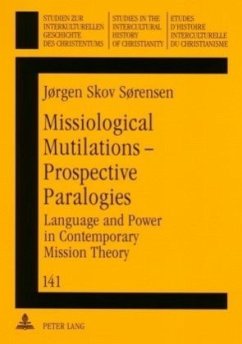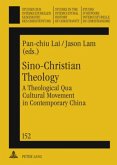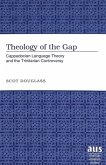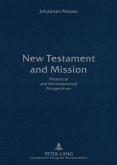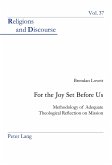The aim of this study is to demonstrate intrinsic power structures in language patterns of contemporary Christian mission theories. Bringing in questions and concerns raised by postcolonial theory and critical discourse analysis, the study explores the structuralist ideologies behind modern epistemology and - it is maintained - the associated "modern" language patterns. Based on discourse analyses of language and terminology employed by a number of significant contemporary mission theorists the author in conclusion points towards a widespread use of 'power language' within the modern mission movement. Eventually the study moves from critical analysis into theological construction suggesting a mission theory based on postmodern assumptions, both reconciled with religious diversity through 'paralogies' (Jean-François Lyotard) and acknowledging the unavoidable relativity of any theological claim.
Bitte wählen Sie Ihr Anliegen aus.
Rechnungen
Retourenschein anfordern
Bestellstatus
Storno

